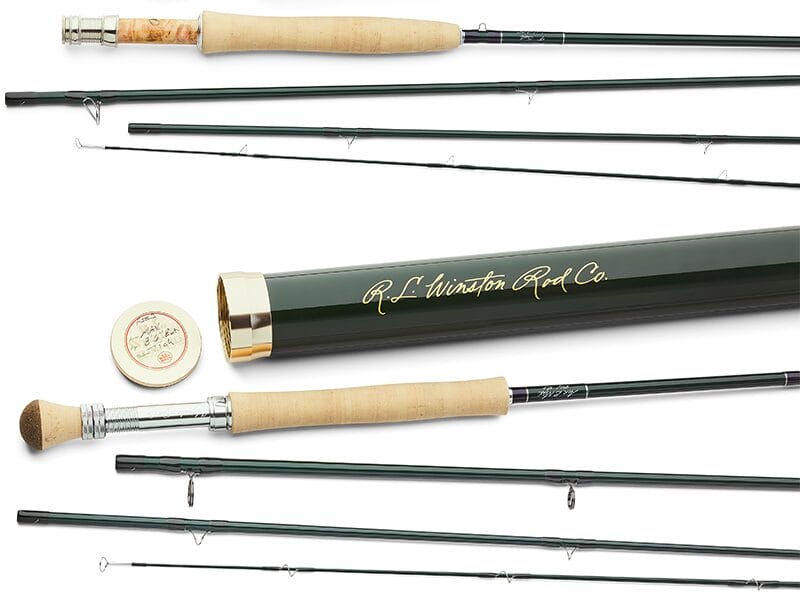The San Luis Valley
The San Luis Valley is located about 200 miles southwest of Denver, Colorado and is bounded on the west by theSan Juan Mountains and by the Sangre de Cristos to the east. The region is home to more than 1.8 million acresof public land that includes hunting and fishing opportunities on three National Wildlife Refuges, the Rio GrandeNational Forest (which includes four Wilderness areas), and numerous Bureau of Land Management tracts. At 7,500feet in elevation, the San Luis Valley boasts soaring mountain ranges, vast prairies, cold mountain streams,geothermal hot springs as well as numerous historic and culturally significant sites. It is also home to a strongfarming and ranching economy that was founded by Hispanic communities hundreds of years ago.
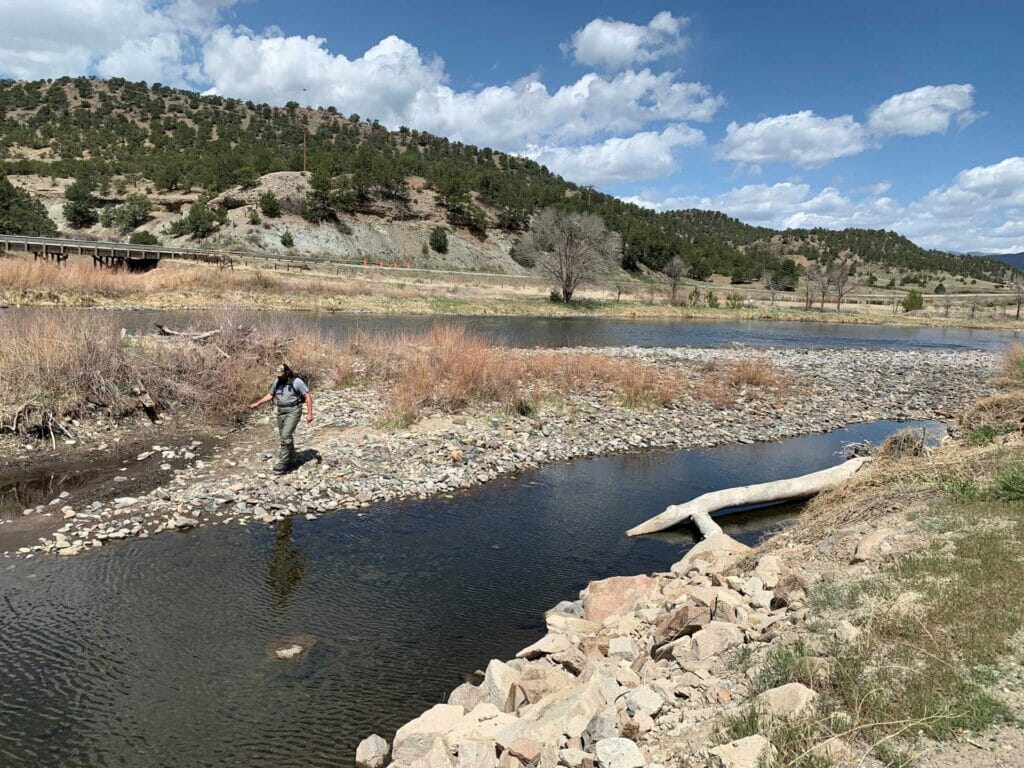
Whether stalking elk in the National Forest, casting to trophy trout on Gold Medal water, or hunting waterfowl in the wildlife refuges, hunters and anglers across Colorado recognize the value of conserving the Valley’s lands and waters. As sportsmen and women, we have a duty to protect and enhance the Valley’s natural resources for ourselves and future generations.
Our legacy in the valley
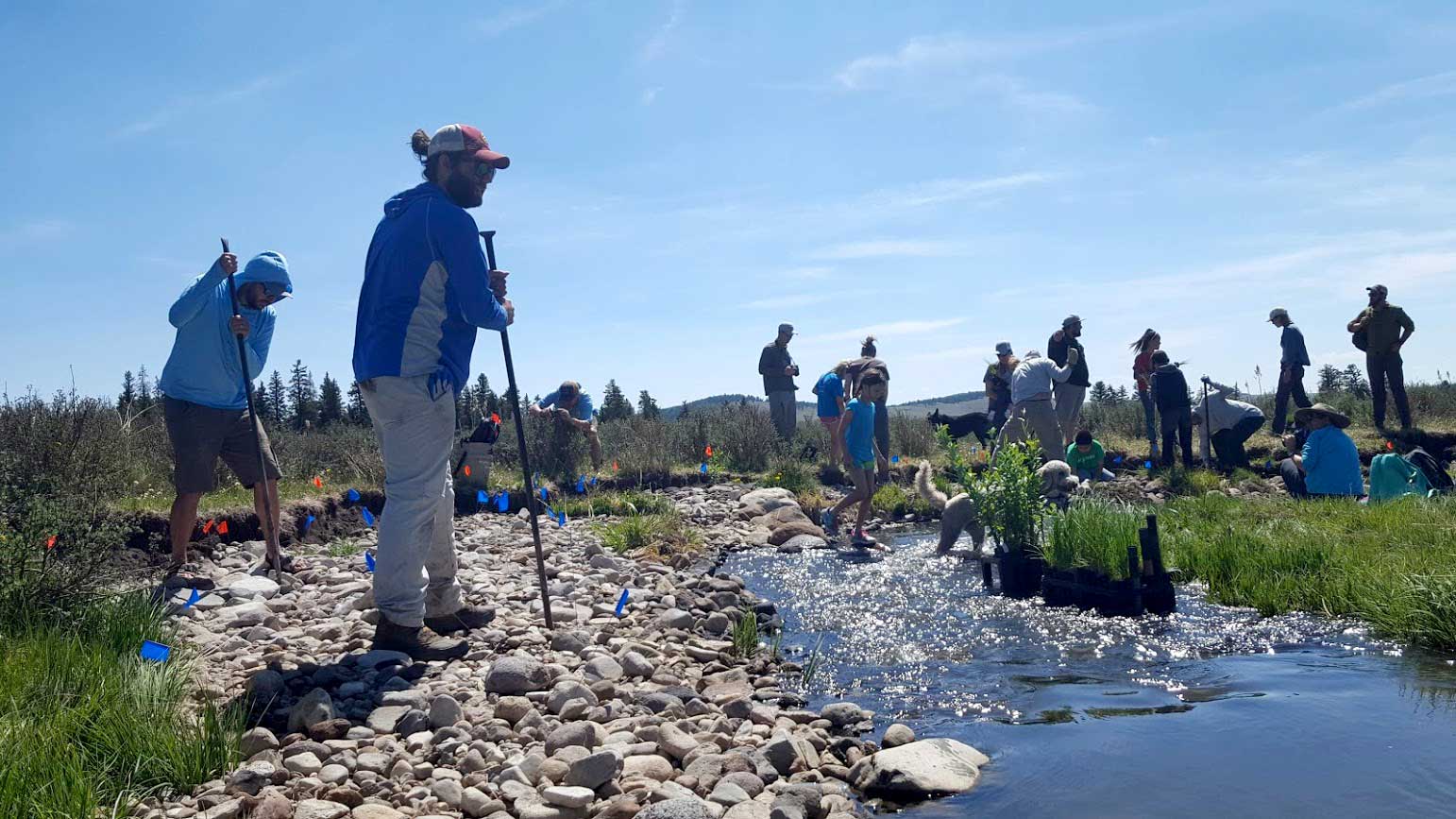
Trout Unlimited has worked in the Valley for decades with anglers, hunters, farmers, and ranchers, as well as localcommunities, to protect and restore fish and wildlife habitat. This work has focused on rebuilding healthy, resilientpopulations of Rio Grande cutthroat trout, a native trout species that now occupies around 10% of its historicalstream habitat in the West. With continued effort, not only will Rio Grande cutthroat trout thrive in our homewaters, but all fish and wildlife, as well as the human communities, will benefit as land health and ecosystemservices are restored. Due in large part to this work, both the Conejos and the Gold Medal Rio Grande Rivers have wild, self-sustaining populations of brown trout that make up over ninety percent of those fisheries.
Our water is under threat
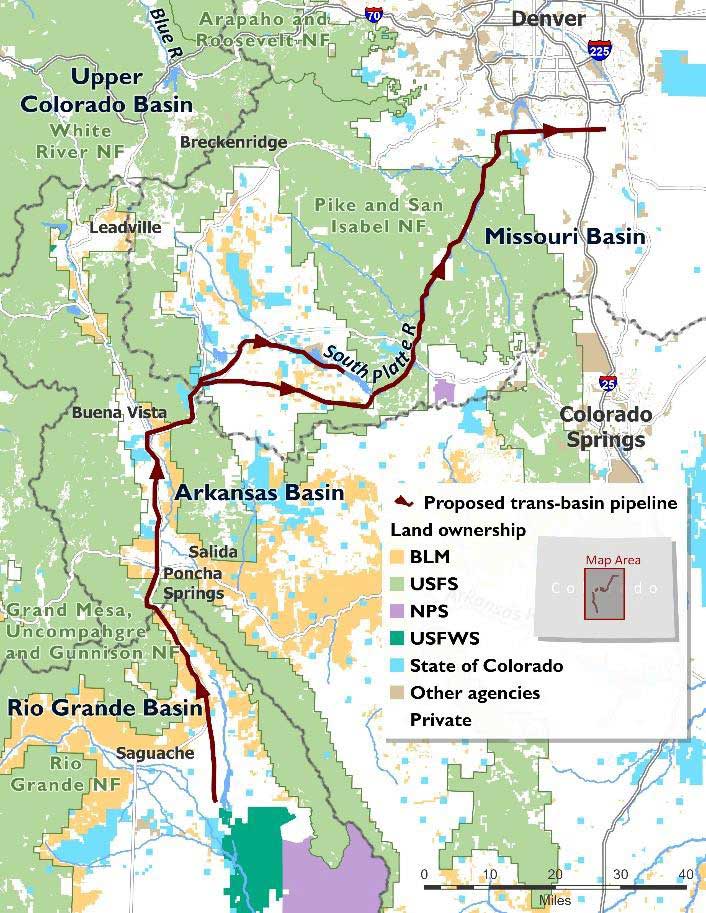
Colorado’s Front Range communities like Castle Rock and Aurora have been booming in recent years and showno signs of slowing down. This rapid population growth has fueled the need for an ever- increasing supply of waterdespite the region’s
already limited water resources. Compounding this water scarcity problem are the growing threats of climatechange and prolonged drought.
A company called Renewable Water Resources has presented a plan to drill 14 new wells just north of the BacaNational Wildlife Refuge in the San Luis Valley. The company intends to build an estimated $2 billion pipeline overPoncha Pass to pump 22,000 acre-feet of water per year to reservoirs that supply suburban Front Rangecommunities. If completed, the diversion would have devastating impacts on fish and wildlife habitat in the SanLuis Valley, hollow out the region’s natural resource-based economy, and significantly reduce the amount of irrigated lands supporting ranching and farming.
Moreover, this plan will place immense strain on an already depleted groundwater supply and reduce the incentivefor suburban areas to decrease water consumption, leading to even more growth and development. The project is opposed by Trout Unlimited as well as by all local municipalities, water conservation districts, environmental groups,businesses, farmers, and ranchers. Impacted surface waters would include the Rio Grande, which sustains fish andwildlife and is a major economic driver for the region, offering numerous outdoor activities like rafting, hunting, camping, and fishing (including 17 miles of Gold Medal trout waters as well as the state’s most secure and robust population of Rio Grande cutthroat trout). Placing new pressure on this resource threatens to destroy an already fragile ecosystem and the communities that are linked to it.
Take action
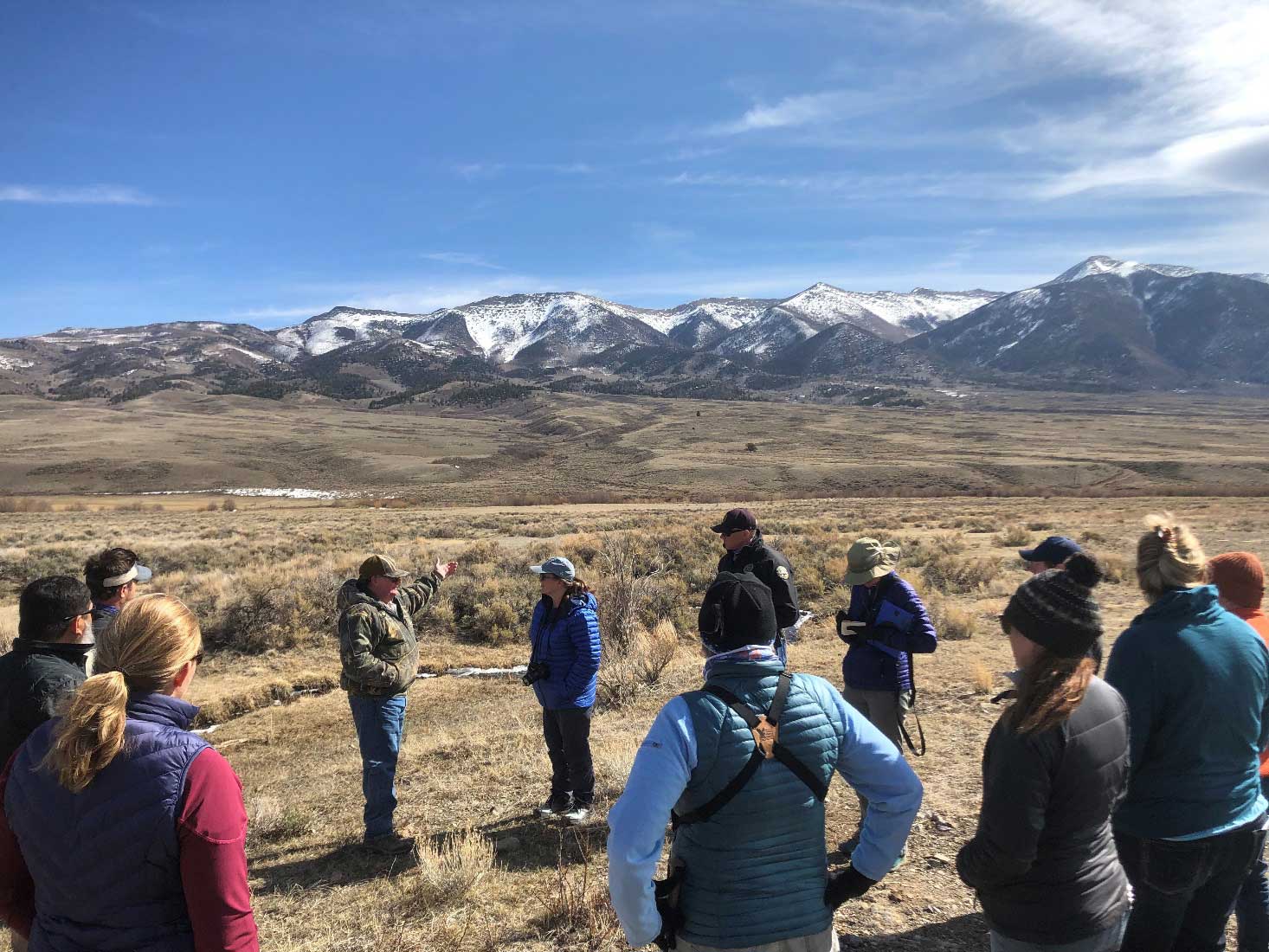
Trout Unlimited is using its longstanding relationships in the Valley, as well as those in Denver and Washington, D.C., to kill the proposed pipeline. We are forming a diverse coalition of anglers, hunters, farmers and ranchers, and local communities and businesses to engage in state and federal permitting processes and advocate for state and federal legislation. This project is still in its early stages, but now is the time to stop it in its tracks, well before it has the potential to gain momentum or support. Join the coalition and learn more about how you can get involved.


